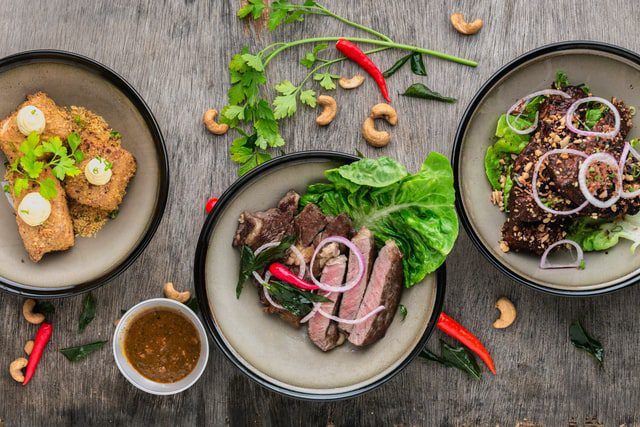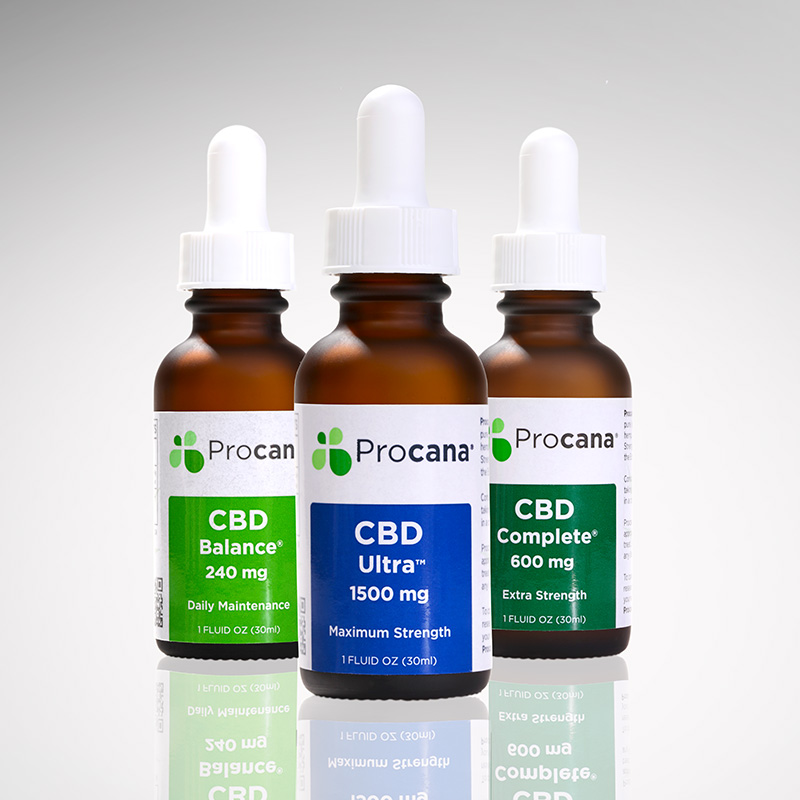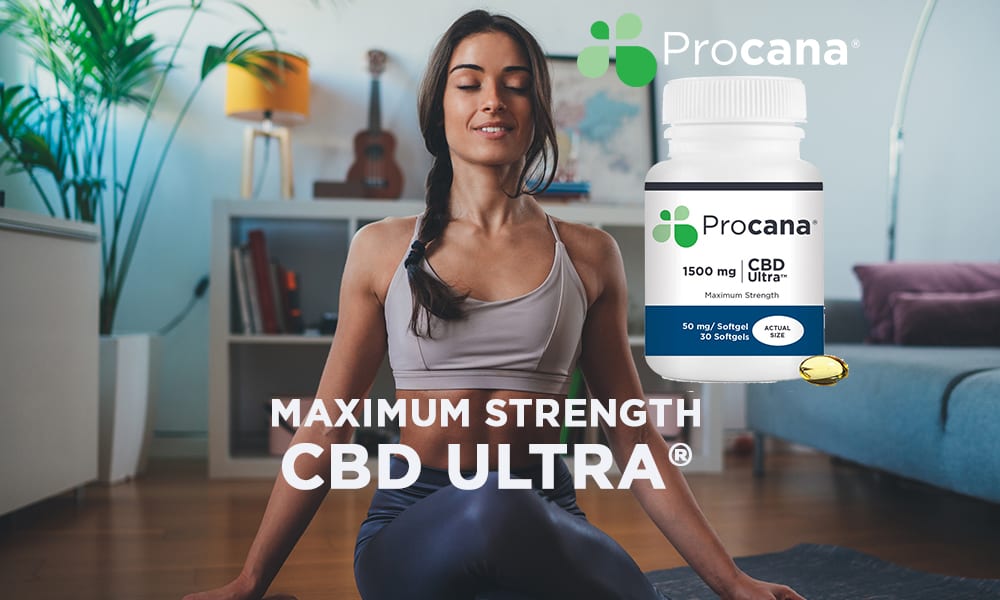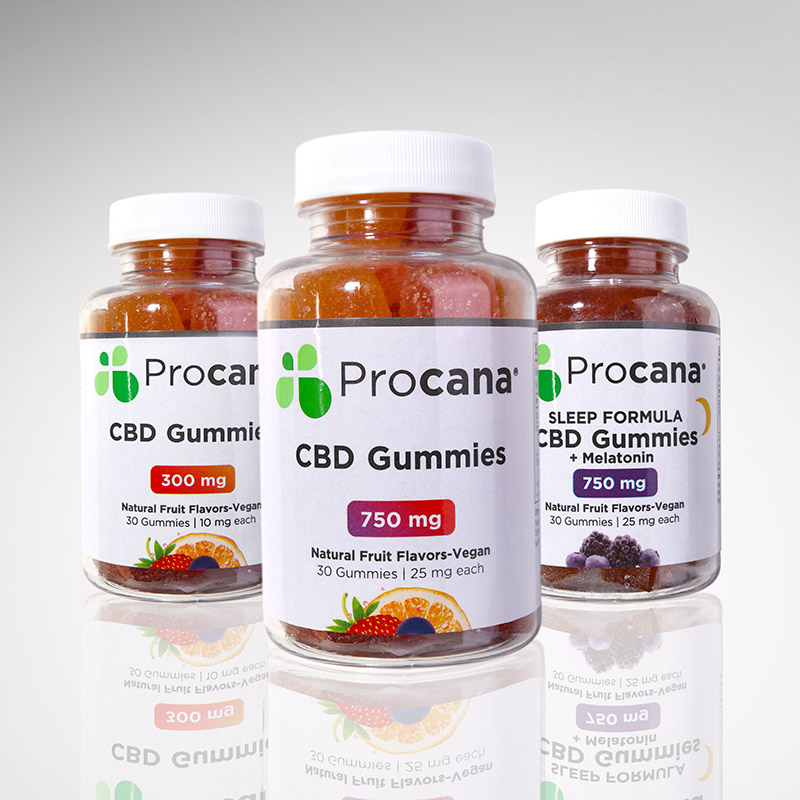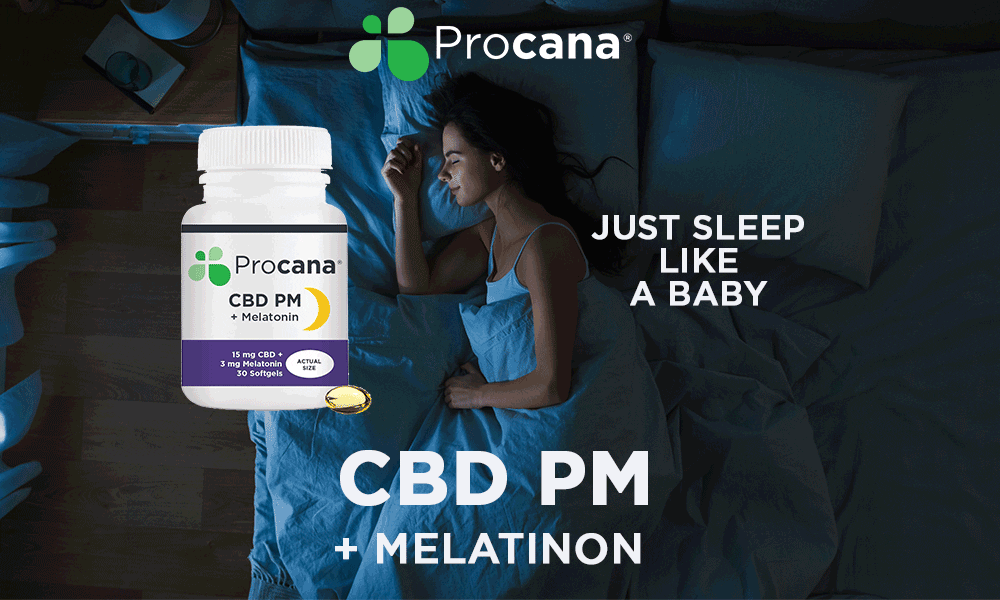Cannabidiol (CBD) is one of the many cannabinoids that are naturally present in cannabis plants. CBD is extremely popular for its various health benefits, and that is why CBD has been incorporated in so many products in the last few years, from health supplements to beauty products, from edibles to topicals. Many people consider CBD as one of the most important parts of their wellness regimen. They incorporate CBD in their daily routine to boost their overall vitality and health.
Many people are concerned that CBD can affect their hunger like THC does. Some people think that CBD can give them the “munchies” and that they will crave sweets and fatty food. THC is another famous cannabinoid present in the cannabis plant and it is well known for its psychoactive effects; still, many people have the misconception that both CBD and THC have similar effects. The truth is they are quite different, so let’s dig into the facts to know how CBD affects your appetite.
Does CBD Make You Hungry?
First of all, let’s define hunger and appetite. Appetite means the desire to eat. When you feel hungry, this feeling is produced by a hormone called ghrelin. Your gut and brain have a strong connection. The second thing that you should understand is the endocannabinoid system. This system also has a link with appetite and hunger. All humans have this endocannabinoid system that controls various body functions such as mood, sleep, pain, and especially appetite. Our system has CB1 and CB2 receptors. CB1 receptors are present in the brain, while CB2 receptors are mostly present in the immune system. CB1 receptors are highly concentrated in the brain and some other areas of the body but in smaller concentrations. These receptors have a significant role in hunger and appetite control. CB1 receptors in the hypothalamus are considered the primary regulator of appetite and some other functions like hunger and thirst.
THC binds to CB1 receptors in the endocannabinoid system. When THC binds to CB1 receptors, then it interferes with the proper functioning of these receptors. THC also increases the level of hunger hormone ghrelin and stimulates the appetite. When your stomach is empty, it produces more hunger hormones. Ghrelin sends signals to the brain to create the feeling of hunger. THC increases the level of the hunger hormone, so it can cause you to feel hungry even if you’re not hungry. This might cause you to consume more food, which can lead you towards weight gain.
THC also boosts dopamine. Dopamine is also known as the happiness hormone or the “feel-good” hormone. So it’s likely you will feel heightened pleasure from eating. THC can also affect the sense of smell and taste, so people are more attracted to the food and eat more of it. On the other hand, CBD interacts with CB1 receptors in a different way, so CBD neither makes you intoxicated nor stimulates your appetite. CBD can help your body to maintain homeostasis.
Frequently Asked Questions
Q. Can CBD Help In Weight Loss?
Yes, according to some studies and research CBD can indirectly help you lose weight. It can help your body maintain homeostasis, which in turn might support a regular appetite. Many people become obese just due to overeating or stress eating, so CBD is also helpful in alleviating impulse eating. Its soothing action allows the mind not to have stressful thoughts, so there isn’t that urgent need for stress binging. Stress eating is another major cause of weight gain and obesity. Moreover, a study shows that CBD is helpful in treating eating disorders also. So it’s safe to say that CBD might be helpful in regulating the appetite and hunger cycle.
CBD indirectly affects fat cells. There are two types of fat cells: white fat cells and brown fat cells. People who have more brown fat cells tend to be slimmer. So how does CBD affect this? According to some studies, CBD may help the body to convert white fat to brown fat. Studies support that CBD plays multiple roles and affect how the body interacts with fat. It is believed that CBD may affect weight.
Q. Does CBD Suppress The Appetite?
CBD is neither an appetite suppressant nor a stimulator. CBD can help you in maintaining overall health and well-being. CBD has many potential health benefits, such as regulating sleep cycles, combating sadness and stress, boosting energy, increasing focus, and mood alleviation.
Q. How To Make CBD Part Of The Health Regime?
CBD is available in different forms, such as CBD oil, tinctures, gummies, and softgels. Different health supplements also contain CBD, so now it’s up to you in which form you choose CBD. Whatever the product you choose, make sure it fits your desired goals or needs. Moreover, try to choose CBD products from a reputable brand such as Procana CBD products to achieve your desired results. You should consult your health care practitioner for advice on how best to incorporate CBD into your health and fitness regime. Your doctor or healthcare provider can give you advice according to your health and any underlying condition. Sometimes CBD can interact with prescription drugs. Know all your facts before starting to take CBD.
Wrapping up the Things
If you are looking for cannabis to increase your appetite, then CBD is not the right fit. CBD doesn’t make you feel hungry but instead can level out cravings and balance your hunger hormone. CBD can help you either in weight management or weight loss. Moreover, CBD effects may vary from person to person because everybody is different, and their endocannabinoid system reacts differently to the CBD. Some may feel side effects like tiredness and nausea, while some are fortunate enough to have only positive effects. There is a need for more studies and clinical trials to unveil the true potential of CBD in regulating hunger cycles and appetite. More human studies are required to know the exact mechanism of CBD for weight loss.

